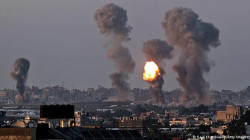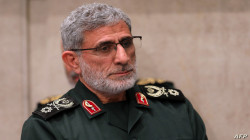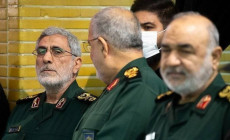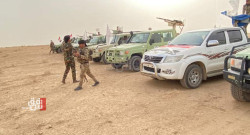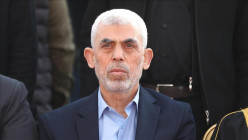Exclusive: Iran grants Iraq green light to act on the future of armed factions
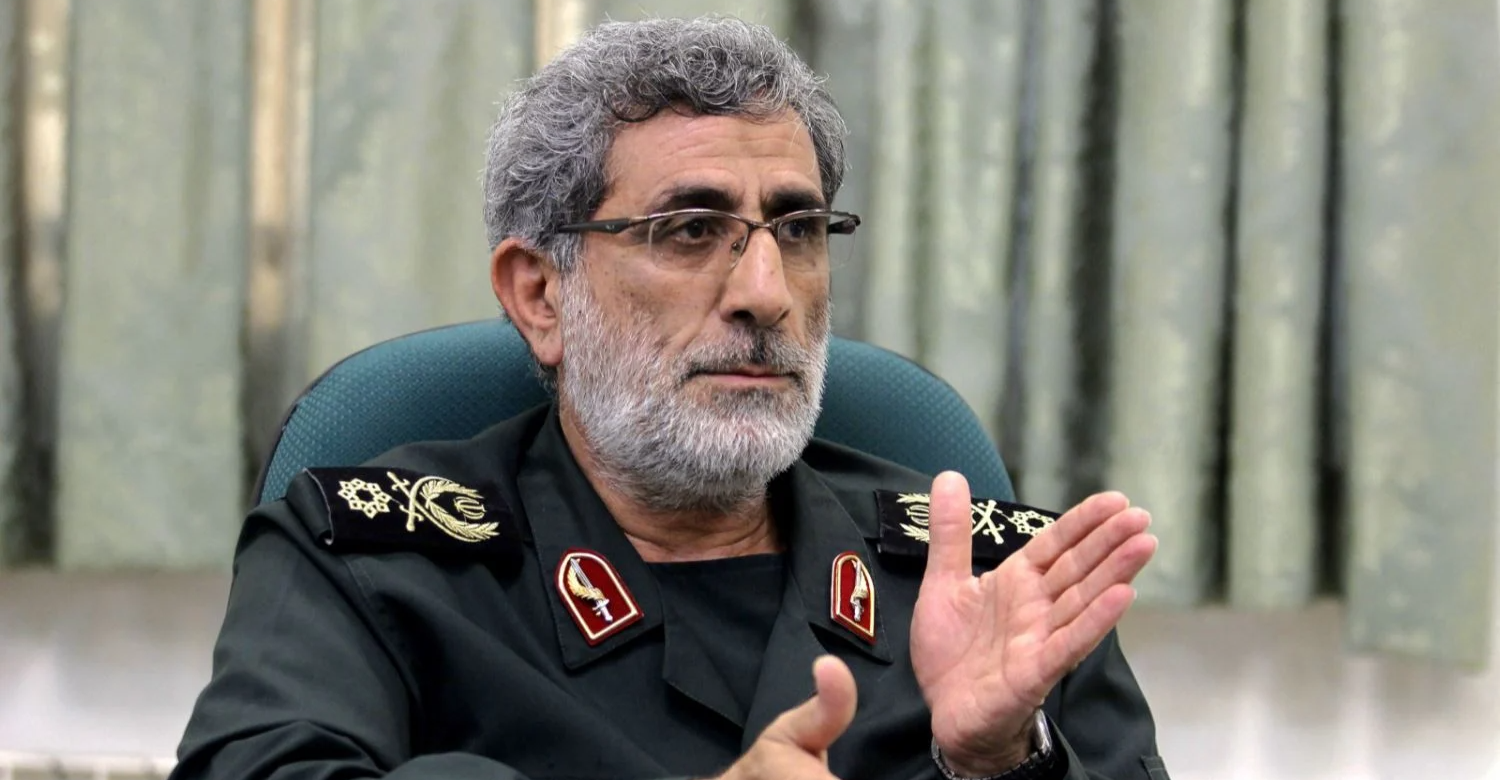
Shafaq News/ The commander of Iran's Quds Force, Esmail Qaani, delivered a message to Baghdad that Iran has no reservations about any decisions regarding the future of the Iraqi armed, an informed source revealed on Monday.
Qaani arrived in Baghdad on a secret visit on Sunday, where he met with several leaders of Iraqi armed factions and met the Iraqi Prime minister, Mohammed Shia Al-Sudani, and officials from the Coordination Framework, and the PMF leadership, the source said.
The source told Shafaq News that during his brief visit on Sunday, Qaani instructed the factions to comply with decisions made by the Iraqi government.
"Qaani's visit to Baghdad lasted only a few hours, during which he met with Prime Minister Al-Sudani and discussed regional developments," the source pointed out.
The source added that Qaani assured Al-Sudani that Tehran seeks to “avoid involvement in the conflict or war and does not wish for Baghdad to become entangled either.”
Qaani, according to the source, also discussed developments in the region's security situation, particularly the events in Syria and their impact on the Axis of Resistance forces, with leaders of the armed factions.
The IRGC leader further emphasized to the faction leaders “the importance of standing behind the Iraqi government during this critical period and adhering to its decisions."
Earlier on Sunday, Al-Sudani's office announced that the Prime Minister would make an official visit to Iran on Wednesday.
According to a statement from Al-Sudani’s media office, “The official visit will include discussions on bilateral relations between the two countries and ways to strengthen them, building on the progress made during the visit of Iranian President Masoud Pezeshkian to Baghdad in September of last year, as well as addressing the latest regional developments.”
Notably, sources reported that Al-Sudani recently received a message from US President-elect Donald Trump through a special envoy. The message highlighted the need to "restrict arms to state control, limit the actions of Iran-aligned factions, ensure Iraq's neutrality in the Syrian conflict, and back the creation of a new Syrian government."
